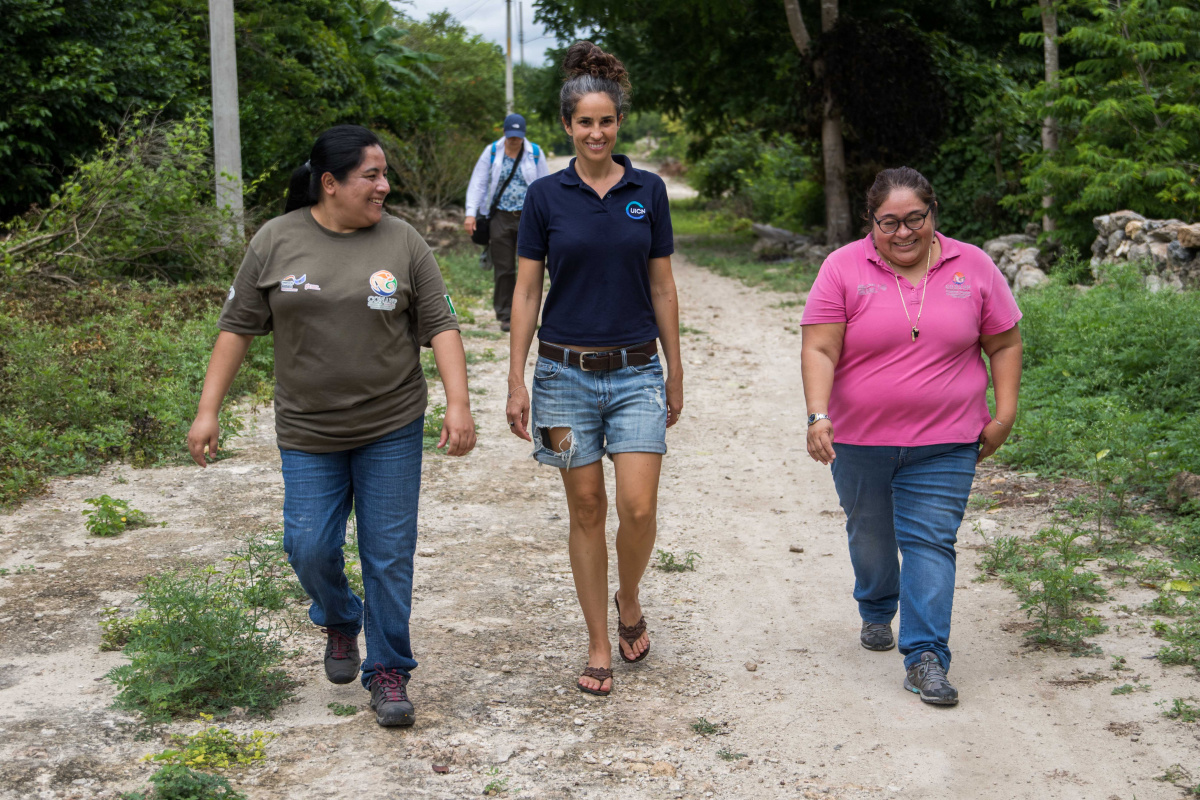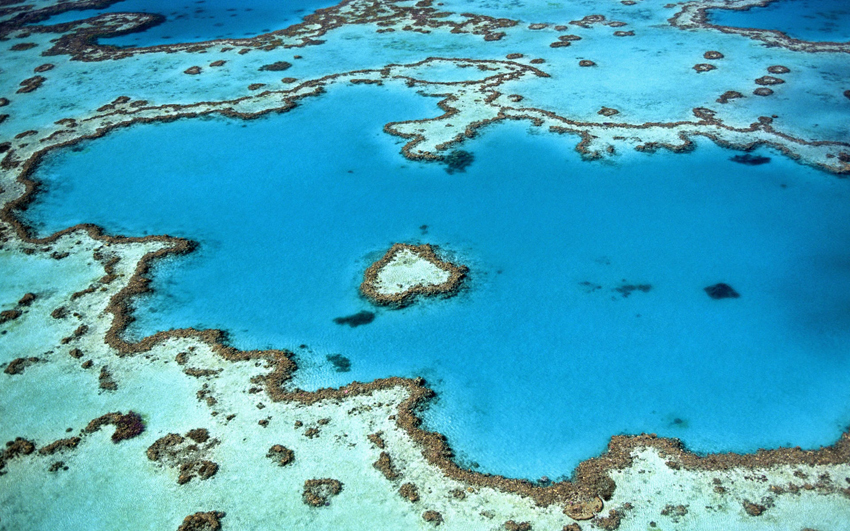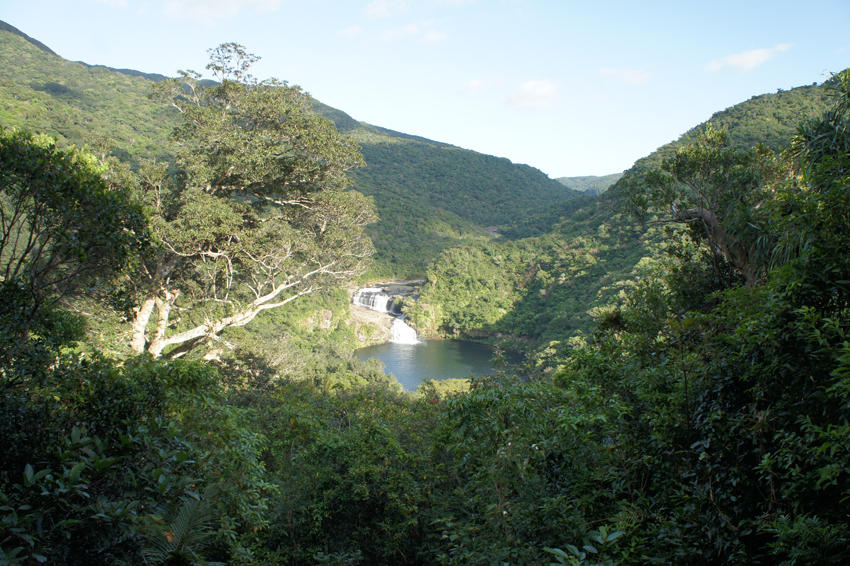Get latest news on World Heritage Sites
New remarkable natural and cultural sites to be added to UNESCO’s World Heritage List will be announced at the meeting of the World Heritage Committee in Paris, June 19-29. A total of 42 sites will be considered for inscription this year.

Photo: IUCN Pedro Rosabal
After rigorous evaluations of this year’s nominations, IUCN, the advisory body on natural sites, will present its recommendations to the Committee for the new iconic natural areas to be added to the prestigious list. Natural sites from 13 countries will be considered for inscription.
IUCN will also be reporting back on monitoring missions it conducted to 16 World Heritage Sites in 2010 and 2011 and will recommend those under the most severe threat to be inscribed on the List of World Heritage Sites in Danger.
What:
• Breaking news on the latest natural sites to be added to the World Heritage List
• Breaking news on the sites added to and removed from the List of World Heritage Sites in Danger
• Mining and oil and gas exploration & World Heritage Sites – IUCN Media Statement
• World Heritage in Arab States - New report and International News Release
Key Issues
• IUCN and the other Advisory Bodies recommend ways of strengthening the World Heritage Convention. “The World Heritage Convention will be turning 40 next year,” says IUCN’s Director General Julia Marton-Lefèvre. “We see this as an opportunity to celebrate its success but also carry out some much needed reforms to strengthen its unique role in securing the conservation of these exceptional places and their contribution to sustainable development.”
• Mining and oil and gas exploration are incompatible with World Heritage status. “Natural World Heritage Sites represent a commitment to future generations that the international community needs to uphold,” says Mariam Kenza Ali, World Heritage Monitoring Officer at IUCN. “In order to do this, mineral and oil and gas exploration should not be permitted within World Heritage Sites because of the serious and irreversible damage that could be caused to the Outstanding Universal Value of the world’s most important natural areas.”
• World Heritage Convention-safeguarding our natural heritage. “There have been concerns about growing politicization within the Convention,” says Tim Badman, Director of IUCN’s World Heritage Programme. “This meeting is important to both reinforce the Convention’s reputation for the highest technical standards, and to take decisions that will maximize conservations results on the ground.”
Materials for the media
Please visit www.iucn.org/worldheritage for news materials, including:
• Press releases on the latest news from IUCN at the World Heritage Committee:
19 June: Opening Statement
20 June: World Heritage in the Arab States-international news release based on new report
21/22 June: Danger List existing sites - status and success stories (sites out of the danger list)
22/23 June: Danger List - new threatened sites
24 June: Mining and World Heritage
25/26 June: New sites added to the World Heritage List
29 June: Closing statement
• Photo gallery of new natural sites inscribed on the World Heritage List
• Fact sheets on each new natural site inscribed on the World Heritage List
• Video clips for download from World Link
Contact:
• Borjana Pervan, IUCN Media Relations, m +41 79 857 4072, e borjana.pervan@iucn.org
• Brian Thomson, IUCN Media Relations, m +41 79 721 8326, e brian.thomson@iucn.org
Spokespersons:
• Tim Badman, Director of IUCN’s World Heritage Programme, e tim.badman@iucn.org
• Mariam Kenza Ali, World Heritage Monitoring Officer, e mariam.ali@iucn.org
• Peter Shadie, Deputy Head of IUCN Delegation, e peter.shadie@iucn.org
About IUCN
IUCN, International Union for Conservation of Nature, helps the world find pragmatic solutions to our most pressing environment and development challenges.
IUCN works on biodiversity, climate change, energy, human livelihoods and greening the world economy by supporting scientific research, managing field projects all over the world, and bringing governments, NGOs, the UN and companies together to develop policy, laws and best practice.
IUCN is the world’s oldest and largest global environmental organization, with more than 1,000 government and NGO members and almost 11,000 volunteer experts in some 160 countries. IUCN’s work is supported by over 1,000 staff in 60 offices and hundreds of partners in public, NGO and private sectors around the world.
www.iucn.org



